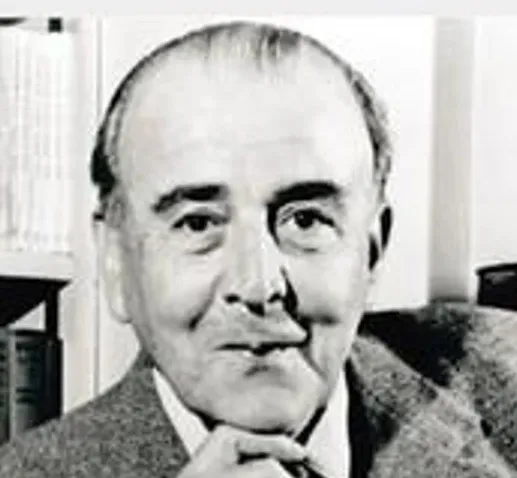
Walter Owen Bentley: A Legacy of Engineering Excellence and Automotive Innovation
Walter Owen Bentley, widely known as W.O. Bentley, was a British automotive engineer and entrepreneur whose name became synonymous with luxury and high-performance automobiles. Born on September 16, 1888, in London, England, he would go on to shape the automotive industry through his passion for engineering, his dedication to innovation, and his relentless pursuit of speed and reliability. Bentley's contributions to the automotive world spanned decades, leaving an indelible mark on both the racing circuit and the luxury car market.
Early Life and Passion for Engineering
Bentley's fascination with machines and engineering began at an early age. Growing up in a family of well-to-do businessmen, Bentley's interests were atypical for his social background. His mechanical aptitude was evident even as a child, as he often disassembled and reassembled toys and gadgets just to understand how they worked. This early curiosity laid the foundation for his future endeavors in the automotive realm.


Educational Pursuits and Early Career
After completing his education, Bentley joined the Great Northern Railway in 1910 as an apprentice railway engineer. This experience honed his engineering skills and provided him with valuable insights into the world of machinery. However, his true passion lay in the emerging field of automobiles. In 1912, Bentley's career took a turn when he joined the renowned DFP (Doriot, Flandrin & Parant) automobile company as a designer.
The Birth of Bentley Motors
In 1919, immediately after World War I, W.O. Bentley founded Bentley Motors Limited. His vision was clear: to create cars that combined impeccable craftsmanship, innovative engineering, and impressive performance. Bentley aimed to craft vehicles that were not only luxurious but could also excel on the racetrack. The first Bentley car, the 3 Litre, debuted in 1921, showcasing Bentley's commitment to precision and power.


Motorsport Dominance
Bentley's dedication to performance was perhaps best exemplified by his focus on motorsport. Bentley cars quickly earned a reputation for their durability and speed, dominating the racing scene of the 1920s. The most famous of Bentley's racing victories came at the 24 Hours of Le Mans in 1924, followed by a series of consecutive wins from 1927 to 1930. These triumphs solidified Bentley's status as a leading force in the world of motorsport.
Engineering Innovations
Bentley was an engineering virtuoso who consistently pushed the boundaries of automotive design. His innovations included the development of advanced engine technologies, such as aluminum pistons and a crossflow cylinder head design. These advancements contributed to the exceptional performance and reliability of Bentley cars.


End of an Era and Rolls-Royce
The Great Depression of the 1930s took a toll on Bentley Motors, eventually leading to financial difficulties. In 1931, the company was acquired by Rolls-Royce, marking the end of Bentley's direct involvement. However, his legacy continued through the production of Bentley vehicles under the Rolls-Royce ownership.
Legacy
Walter Owen Bentley passed away on August 13, 1971, leaving behind a remarkable legacy that transcends time. His commitment to engineering excellence, his relentless pursuit of speed and performance, and his ability to blend luxury with functionality shaped the automotive industry. Bentley cars remain a symbol of elegance and performance, a testament to Bentley's enduring influence.


Conclusion
W.O. Bentley's journey from a curious young boy with a fascination for machines to a pioneering automotive engineer and entrepreneur is a tale of determination, passion, and unwavering commitment. His name remains etched in automotive history as a visionary who brought innovation, speed, and luxury to the roads and racetracks of the world. Walter Owen Bentley's legacy lives on through the continued production of Bentley automobiles, carrying forward his spirit of excellence and pushing the boundaries of what's possible in the world of automobiles
eXus Dev 22.8.2023







































